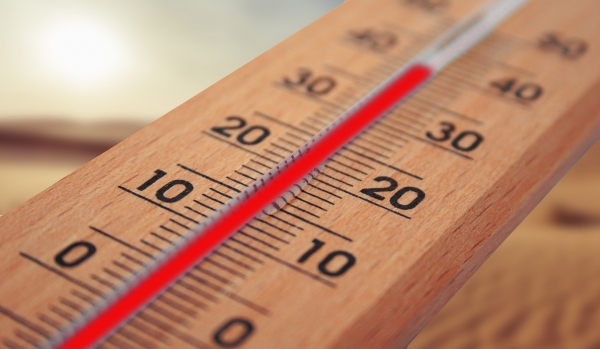Air conditioning and heating systems have contributed considerably to reducing mortality linked to extreme temperatures in Spain, according to a study led by the Barcelona Institute for Global Health (ISGlobal), a centre supported by the ”la Caixa” Foundation. The findings, published in Environment International, provide valuable insights for designing policies to adapt to climate change.
Rising Temperatures but Lower Mortality
Spain, like many parts of the world, has experienced rising temperatures in recent decades, with the average annual mean temperature increasing at an average rate of 0.36°C per decade. The warming trend is even more pronounced in the summer months (0.40°C per decade). Surprisingly, this increase in temperature has coincided with a progressive reduction in mortality associated with heat. In addition, cold-related mortality has also decreased.
“Understanding the factors that reduce susceptibility to extreme temperatures is crucial to inform health adaptation policies and to combat the negative effects of climate change,” says first author of the study, Hicham Achebak, researcher at ISGlobal and Inserm (France) and holder of a Marie Sklodowska-Curie Postdoctoral Fellowship from the European Commission.
Read more at Barcelona Institute for Global Health (ISGlobal)
Photo Credit: geralt via Pixabay


